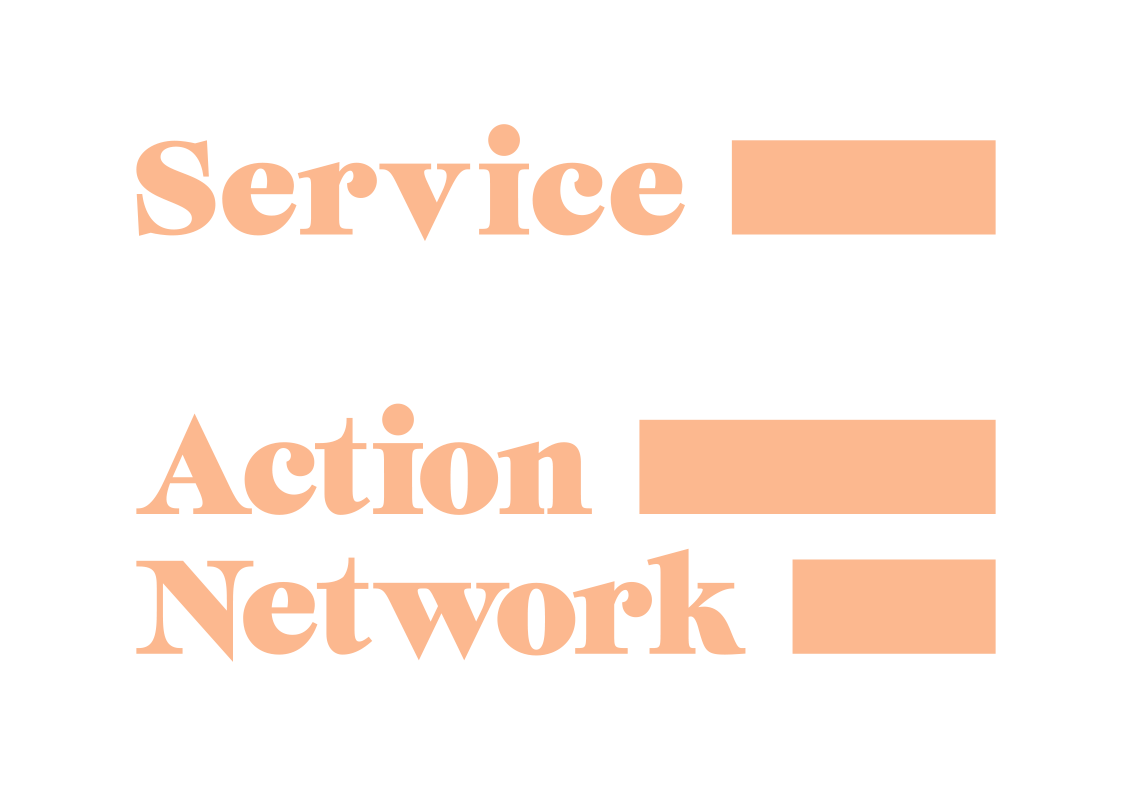SWAN RESPONDS TO DOD’S ANNUAL REPORT
FOR IMMEDIATE RELEASE:
JANUARY 31, 2020
SWAN Responds to DoD’s Annual Report on Sexual Harassment and Violence at the Military Service Academies
Despite recent calls to action sexual assault rates continue to climb at the Military Service Academies
Washington, D.C. – Today the Department of Defense Sexual Assault Prevention and Response Office (SAPRO) released its annual report on sexual harassment and violence at the military service academies (MSAs). This report is required biannually by Congress and provides the number of sexual assault reports filed in an academic calendar year. Notably, the newly released report from academic year 2018-2019 shows that there were 149 reports of sexual assault, significantly greater than the 92 reports in academic year 2016-2017. This report was published during an “assessment year,” meaning the report includes reviews and assessments of the MSAs’ existing prevention and response efforts and provides a roadmap for future prevention efforts.
Senior Defense Officials who briefed advocates this morning compared rates of assault at the academies with civilian campuses. Although they said data is difficult to compare, they believe that the rate of sexual assault at the military academies is on par with or slightly higher for women than the rate of sexual assault on civilian campuses which they point to as indicative of a broader social problem. SWAN Fellow and West Point graduate Ellen Haring said, “it is surprising that the military would even consider comparing the academies to civilian campuses since in all other areas the academies claim to hold themselves to higher standards. Cadets and midshipmen go through extensive vetting processes to gain admission to the academies that includes being screened and nominated by a member of Congress. How is it that we have a problem that exceeds college campuses that don’t have the extensive application and vetting process the academies have? Seems to me that our screening and selection processes are failing to identify problematic attitudes and behaviors.”
The report highlights an increased trust in the messaging and action of senior military leaders towards sexual assault prevention; however, that trust erodes further down the chain of command and is failing among peer leaders and some staff at the academies. SWAN CEO, Deshauna Barber, recommends, “peer leaders and officer staff positions must be screened for attitudes and beliefs about sexual harassment and assault before they are put into leadership positions. If we truly want to get after this problem then people who do not meet a screening criterion should not be put in positions of leadership.”
In addition to addressing the critical role of cadet/midshipman and staff leadership, the report addresses four key areas of focus: student culture, reporting, victim assistance and other efforts to reduce and stop sexual assault. To access the report directly, click here.
About the Service Women’s Action Network
SWAN is a national, nonpartisan organization and member-driven community network advocating for the individual and collective needs of service women and women veterans. To date, SWAN has played a major role in opening all military jobs to service women, holding sex offenders accountable in the military justice system, eliminating barriers to disability claims for those who have experienced military sexual trauma, and expanding access to a broad range of reproductive healthcare services for military women.

